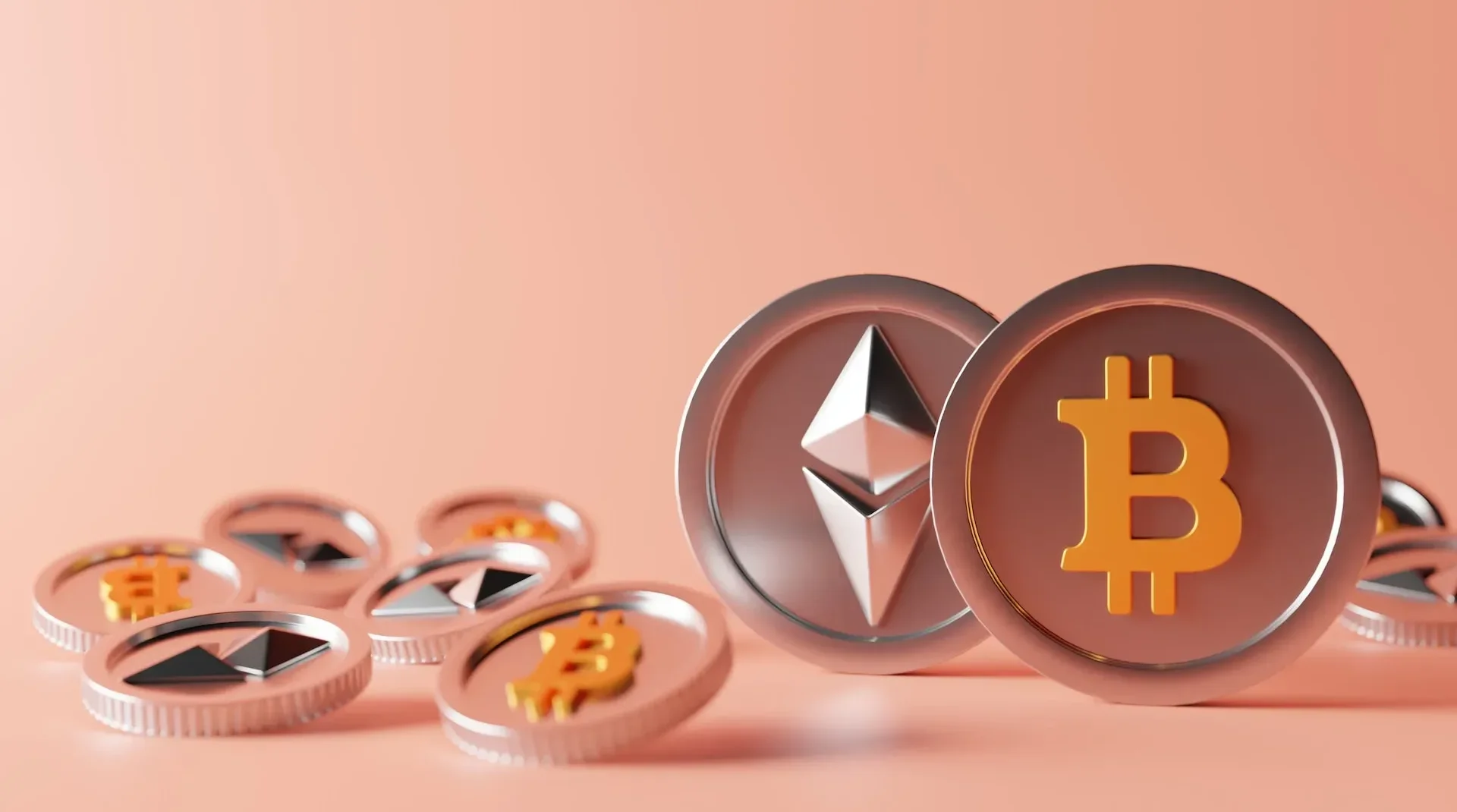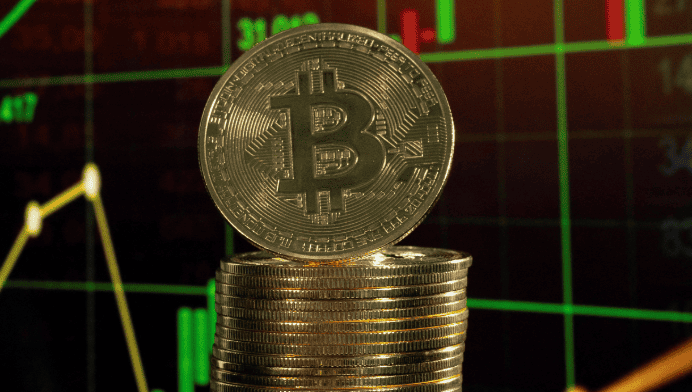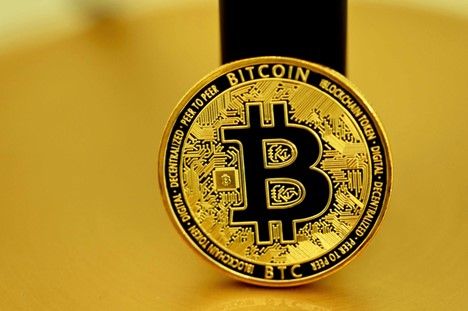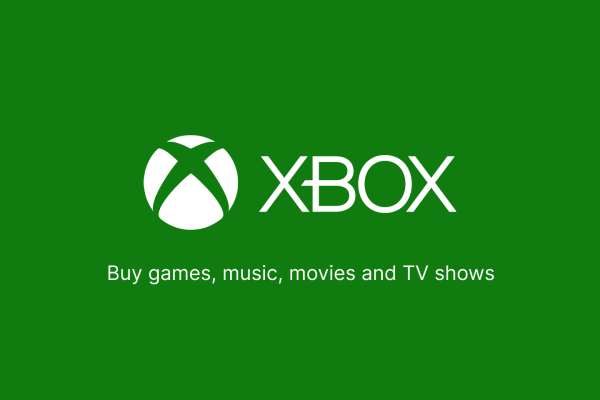If you’ve been keeping an eye on Nigeria’s financial news, you’ve likely noticed the Naira has taken another significant hit. Whether you’re holding dollars, dealing with crypto, or trading gift cards, it’s becoming clear that everything costs more, and your digital assets aren’t yielding the same returns as before. If you’re not vigilant, the difference can add up quickly and hurt your profits.
As someone experienced in helping individuals convert digital assets into tangible value, it’s important to understand how the Naira’s devaluation impacts the value of your assets—like why your $100 Apple gift card may not convert to as many Naira as it once did, or why your Bitcoin (BTC) sales aren’t bringing in the same level of profit. The Naira’s weakening affects anyone involved in foreign-denominated assets, from crypto traders to gift card sellers, and it’s crucial to know how to navigate this economic instability to protect your value.
What’s Happening with the Naira?
If you’ve noticed a steep drop in the exchange rate, you’re not imagining things. A few years ago, you could get ₦500 for $1, but now it might take ₦1,600 to get that same dollar. That’s a sharp decline—a clear sign of Naira devaluation in action. The buying power of the Naira has decreased significantly, and it’s having a direct impact on anyone trading or holding foreign assets like crypto or gift cards.
So, What Exactly Is Naira Devaluation?
Naira devaluation occurs when the Naira loses value against foreign currencies like the US Dollar (USD), Euro (EUR), or British Pound (GBP). When this happens, it takes more Naira to purchase the same amount of foreign currency. For instance, what used to cost you ₦500 for $1 now costs you ₦1,600, reflecting a significant decrease in value.
Why Is This Happening?
Several key factors are behind the continued devaluation of the Naira, especially in 2025:
- Scarcity of Foreign Exchange (FX): Nigeria’s dependence on oil exports for foreign earnings has left the country vulnerable to fluctuations in global oil prices, reduced production, and dwindling reserves. As a result, the Central Bank struggles to meet foreign exchange demands, weakening the Naira.
- High Inflation: Rising inflation is eroding the value of the Naira. Even if the Naira in your account stays the same, it buys you less than it did before, making everything more expensive.
- Increased Dollar Demand: With many goods and services priced in USD, demand for foreign currency remains high, pushing the Naira further down.
- Parallel Market Influence: The black market exchange rate often diverges from the official rate, creating more volatility in the Naira’s value.
- Government Policies and Regulatory Changes: Sudden shifts in government policy, like restrictions on bank transfers and cryptocurrency trading bans, create uncertainty and contribute to the Naira’s decline.
How Does This Affect Crypto & Gift Card Traders in Nigeria?
For those involved in the crypto or gift card market, the Naira’s devaluation is having a profound impact. From unpredictable exchange rates to delays in payments, and even scam attempts, there are several ways the weakening currency is reshaping the trading landscape.
1. Increased Volatility and Unpredictability
One of the most immediate effects of Naira devaluation is the rise in volatility. You might see the exchange rate fluctuate from ₦1,600 to ₦1,480 one week, and then jump to ₦1,650 the next. For crypto traders or gift card sellers, this means the margin you expected could quickly disappear. If you aren’t monitoring the market constantly, you might miss an opportunity to convert your assets at a profitable rate.
2. Trust Issues and Delays in P2P Transactions
Peer-to-peer (P2P) trading platforms, which have become increasingly popular in Nigeria, have also been negatively affected by the volatile Naira. With the exchange rate fluctuating rapidly, many buyers are canceling trades, locking in fake rates, or delaying payments in the hopes of getting a better deal. This creates trust issues and delays, especially when the markets are moving quickly.
3. Crypto Regulations Are in Flux
The regulatory environment for crypto in Nigeria is still unstable. Recently, many banks have started blocking accounts linked to P2P crypto trading or restricting large transfers. This adds further uncertainty, and trading on unverified platforms comes with the risk of having your account flagged or even frozen. That’s why it’s crucial to use trusted, secure platforms like FuFucard, where compliance and transparency are guaranteed.
4. Rising Trading Fees
As the Naira devalues, you may notice that trading costs rise across the board. Blockchain gas fees, network fees, and transaction charges have all been increasing. If you’re converting assets like Polygon or Optimism into USDT before swapping for Naira, these extra costs can quickly chip away at your margins. It’s important to factor in these costs when trading.
5. Increased Scam Activity in Gift Card Trading
As the Naira’s value fluctuates, scammers are taking advantage of the chaos. In the gift card market, traders may encounter more lowball offers, fake payment proofs, and even disappearances once cards are sent. This has created a dangerous environment for traders who aren’t cautious. Always stick to reliable platforms with a proven track record of security and transparency.
Smart Strategies to Navigate the Rate Drop
While the Naira’s devaluation presents many challenges, there are several strategies you can employ to maximize your profits and minimize the impact:
1. Monitor the Market Regularly
When the Naira’s value is shifting quickly, exchange rates can change within hours. To stay on top of things, make sure you’re checking FuFucard frequently to get the most up-to-date rates and avoid missing a profitable window.
2. Sell in Bulk When Possible
Selling individual gift cards can be more risky, especially when dealing with scammers. It’s often better to bundle multiple cards together and sell them in bulk. FuFucard allows for bulk sales, making the transaction smoother and faster, with a reduced risk of encountering problems.
3. Act Quickly When Converting Crypto
Cryptos like Polygon and Optimism are volatile, and the prices can change quickly. When you notice a rise in the rate, don’t hesitate—convert your crypto to Naira as soon as possible. The sooner you act, the better the chances of locking in your profits before the market dips again.
4. Stick to Trusted Platforms
Avoid dealing with unverified buyers or sellers on social media platforms like WhatsApp or Instagram. The number of scams in 2025 has reached alarming levels. Stick to reputable platforms like FuFucard, where transactions are monitored, verified, and processed securely.
5. Take Advantage of Market Dips
When the Naira dips suddenly, the first few hours can offer the best trading opportunities. FuFucard often provides competitive rates during these times, so when the market shifts, move quickly to take advantage of the favorable exchange rates.
Final Thoughts
Trading gift cards and crypto in Nigeria in 2025 requires strategic thinking. With the Naira constantly fluctuating, timing is everything. Understanding how the devaluation impacts the market and acting quickly can help you protect your profits.
Using FuFucard can make this process much easier. With real-time rates, instant payouts, and support for a wide range of cryptocurrencies and gift cards, FuFucard ensures you’re always trading on a reliable platform with full transparency.
Don’t let the Naira’s devaluation eat into your profits. Switch to FuFucard for secure, efficient, and profitable crypto and gift card trading.








